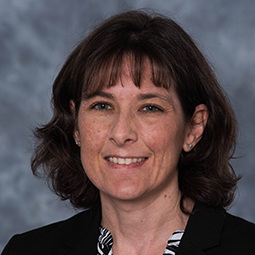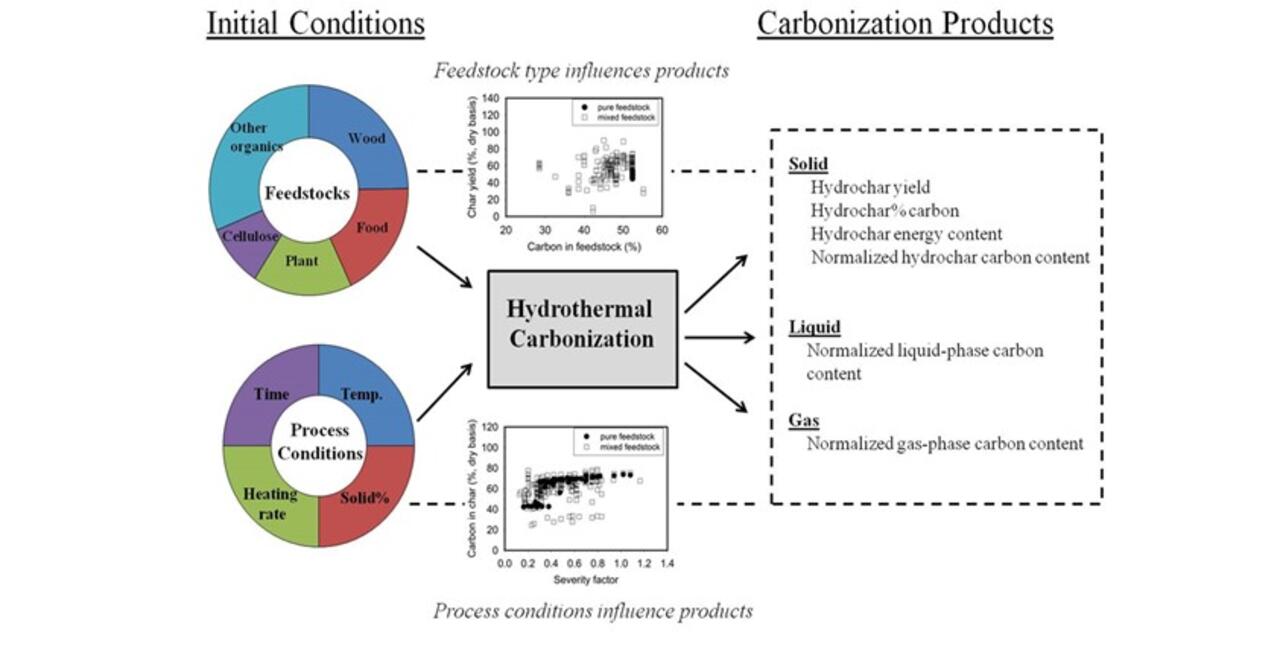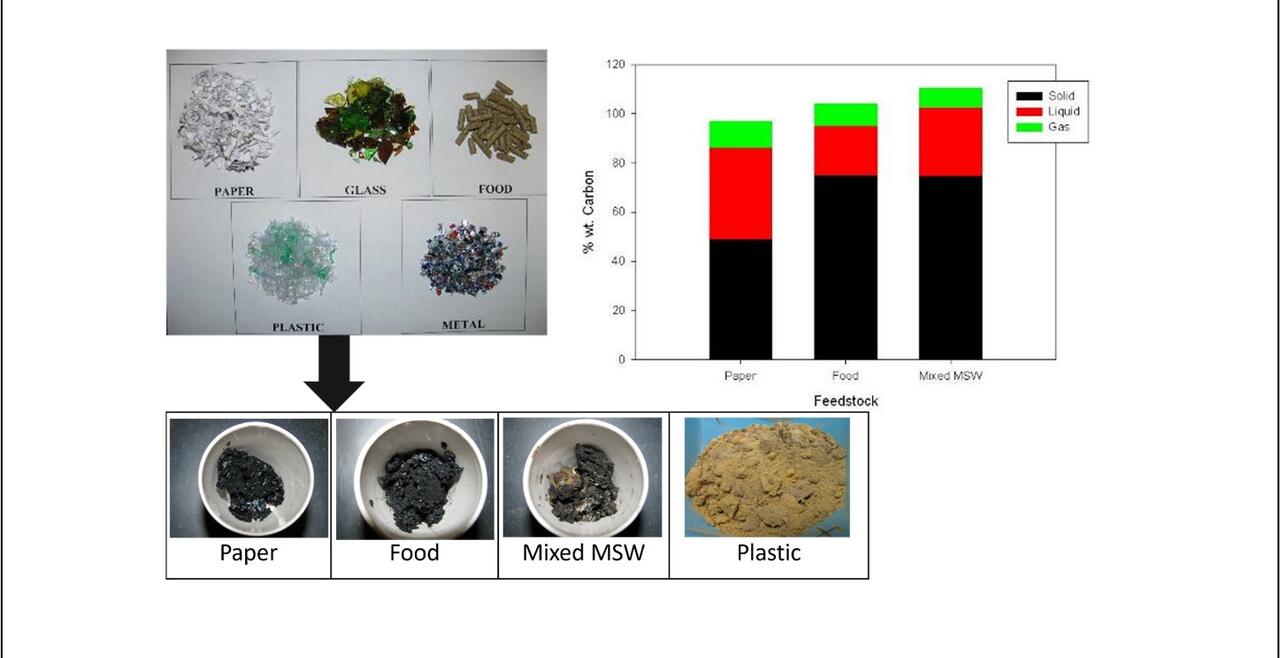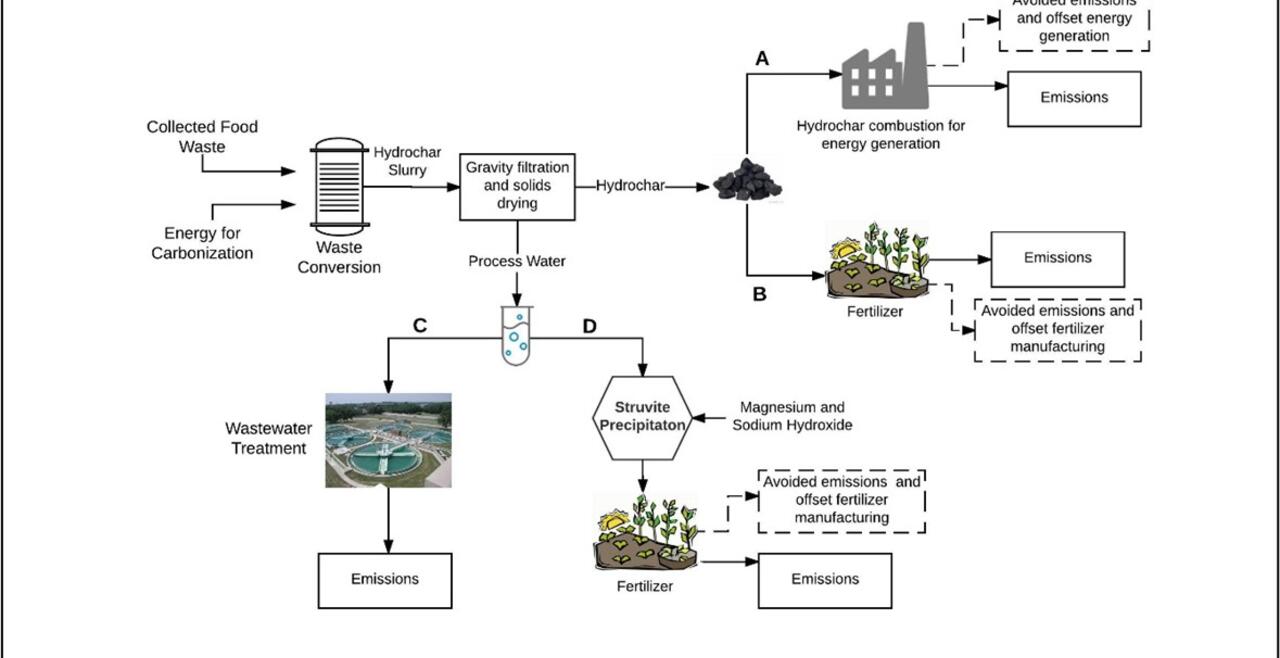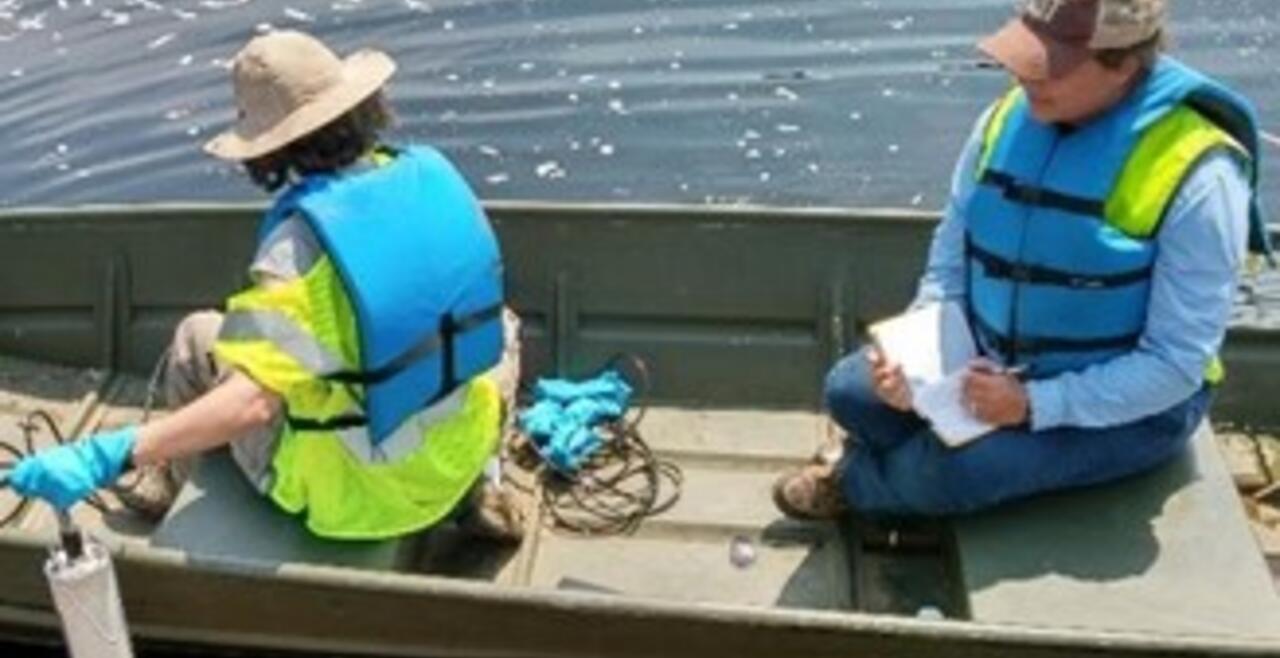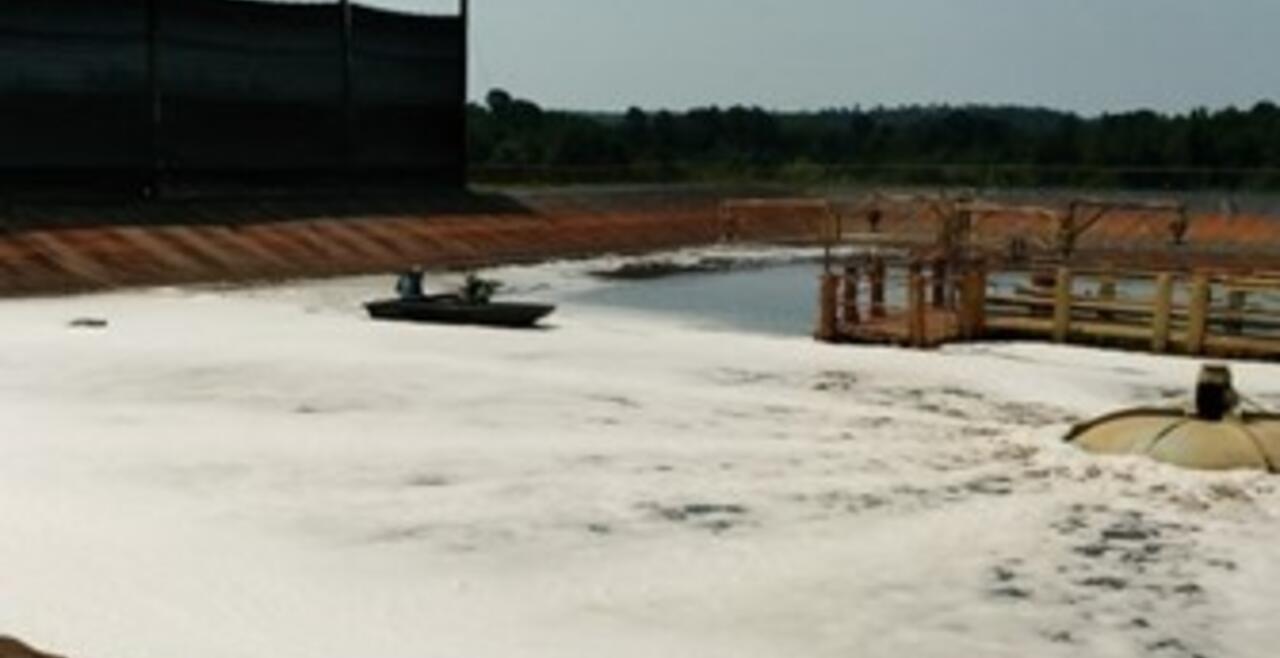Nicole D. Berge
Associate Professor, Department of Civil and Environment Engineering
Connect
Follow
Dr. Nicole Berge is an Associate Professor in the Department of Civil and Environmental Engineering at the University of South Carolina.
Dr. Berge received her BS and MS in Civil and Environmental Engineering from the University of South Carolina (UofSC) in 1999 and 2001, respectively. She received her PhD in Environmental Engineering from the University of Central Florida (UCF) in 2006. Her dissertation work focused on understanding the fate of nitrogen in bioreactor landfills. Following her time at UCF, she worked at Tufts University as a Postdoctoral Associate until 2009, after which she joined the faculty in the Department of Civil and Environmental Engineering at UofSC. Her research program at USC focuses on work related to solid waste management and treatment, including developing and evaluating sustainable waste treatment techniques, waste conversion to value-added products, hydrothermal carbonization, leachate treatment, life cycle assessment, and bioreactor landfills.
Areas of Research
The Berge Laboratory is actively exploring research directed towards improving current waste stream treatment/management paradigms. Specific research objectives include: (1) improving our understanding of how physical, chemical, and biological processes can be manipulated to promote sustainable waste treatment techniques that lead to carbon sequestration, energy generation, and/or value-added product production, (2) developing and initiating new waste treatment/management protocols that provoke transformations in the current waste treatment/management paradigm, and (3) dissemination of research results through both traditional and non-traditional techniques. Specific areas of exploration include: thermochemical conversion of municipal solid waste; the fate of disposed nanomaterials, pharmaceuticals, personal care products and endocrine disrupting compounds in bioreactor landfills; increasing the energy yield from waste streams; resource recovery from waste streams; leachate treatment processes; and the development and subsequent evaluation of innovative groundwater remediation technologies.
Hydrothermal carbonization (HTC) is a unique process in which wet feedstocks are converted into value-added products without the prerequisite of product drying, at relatively low temperatures (< 350oC), and with relatively low input energy requirements. This process is gaining significant attention as a sustainable and environmentally beneficial approach for the conversion of biomass and waste streams into value-added liquid, solid (also referred to as hydrochar), and gas products. Our work focuses on understanding and evaluating different aspects of this process, as well as the products generated from it.

Life cycle assessment (LCA) is a technique used to assess and quantify the potential environmental impacts of a system or service throughout its entire life (e.g., cradle to grave), and includes all relevant inputs from (e.g., oil, water) and emissions (e.g., carbon dioxide, methane) to different components of the environment (e.g., soil, water, air), ultimately linking them to potential environmental and human health impacts. Our work focuses on using LCA to better understand the sustainability associated with a variety of engineered systems (e.g., waste management, hydrothermal carbonization, wastewater treatment).
Nanomaterial production and subsequent incorporation in consumer products is dramatically increasing. Because there are no current regulations governing the disposal of engineered nanomaterial (ENM)-containing products, it is likely that these products are discarded with other residential/commercial wastes, and are ultimately placed in municipal solid waste (MSW) landfills. Significant knowledge and data gaps associated with the fate of ENMs in landfills exist. Our work focuses on: (1) understanding the fate of ENMs in waste environments and (2) understanding potential interactions between ENMs in HDPE liners found in landfill and leachate collection pond bottom lining systems.
Leachate treatment is an important and often costly aspect associated municipal solid waste management. Our work is focused on developing and evaluating leachate treatment approaches for a variety of compounds, such as nitrogen (e.g., ammonia), engineered nanomaterials, pharmaceuticals, personal care products and endocrine disrupting compounds.


